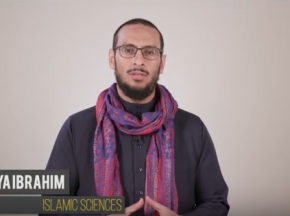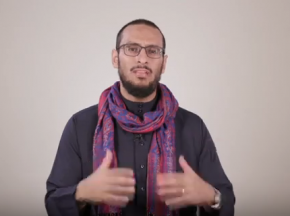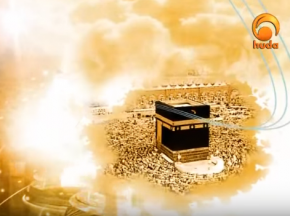content of level
What Is The Tahiyatul Masjid Of Masjid Haram In Mecca?
What Is The Tahiyatul Masjid Of Masjid Haram In Mecca?
If I Miss Prayer Out Of Negligence Am I No Longer Muslim?
If I Miss Prayer Out Of Negligence Am I No Longer Muslim?
Can I Give Up Everything & Worship Allah Alone For My Entire Life?
Can I Give Up Everything & Worship Allah Alone For My Entire Life?
Fiqh of Hajj Episode eight
Fiqh of Hajj Episode eight.
Fiqh of Hajj Episode seven
Fiqh of Hajj Episode seven
Fiqh of Hajj Episode six
Fiqh of Hajj Episode six.
Fiqh of Hajj Episode Five
Fiqh of Hajj Episode Five.
Fiqh of Hajj Episode four
Fiqh of Hajj Episode four.
Fiqh of Hajj Episode three
Fiqh of Hajj Episode three.
Fiqh of Hajj Episode two
Fiqh of Hajj Episode two Sh.Wasim Kempson.
How to perform hajj properly?
How to perform hajj properly By Dr muhammad Salah.
Pillers of Mercy
Pillers of Mercy by Sheikh Dr. Muhammad Salah with Question and Answer Session.
Who is dearest to Allah?
Who is dearest to Allah By Dr Muhammad Salah.
Hajj Step by Step 11
Hajj Step by Step 11.
Hajj Step by Step 10
Hajj Step by Step 10.
Hajj Step by Step 09
Hajj Step by Step 09.
Hajj Step by Step 08
Hajj Step by Step 08.
Hajj Step by Step 07
Hajj Step by Step 07.
Hajj Step by Step 06
Hajj Step by Step 06.
Hajj Step by Step 05
Hajj Step by Step 05.









